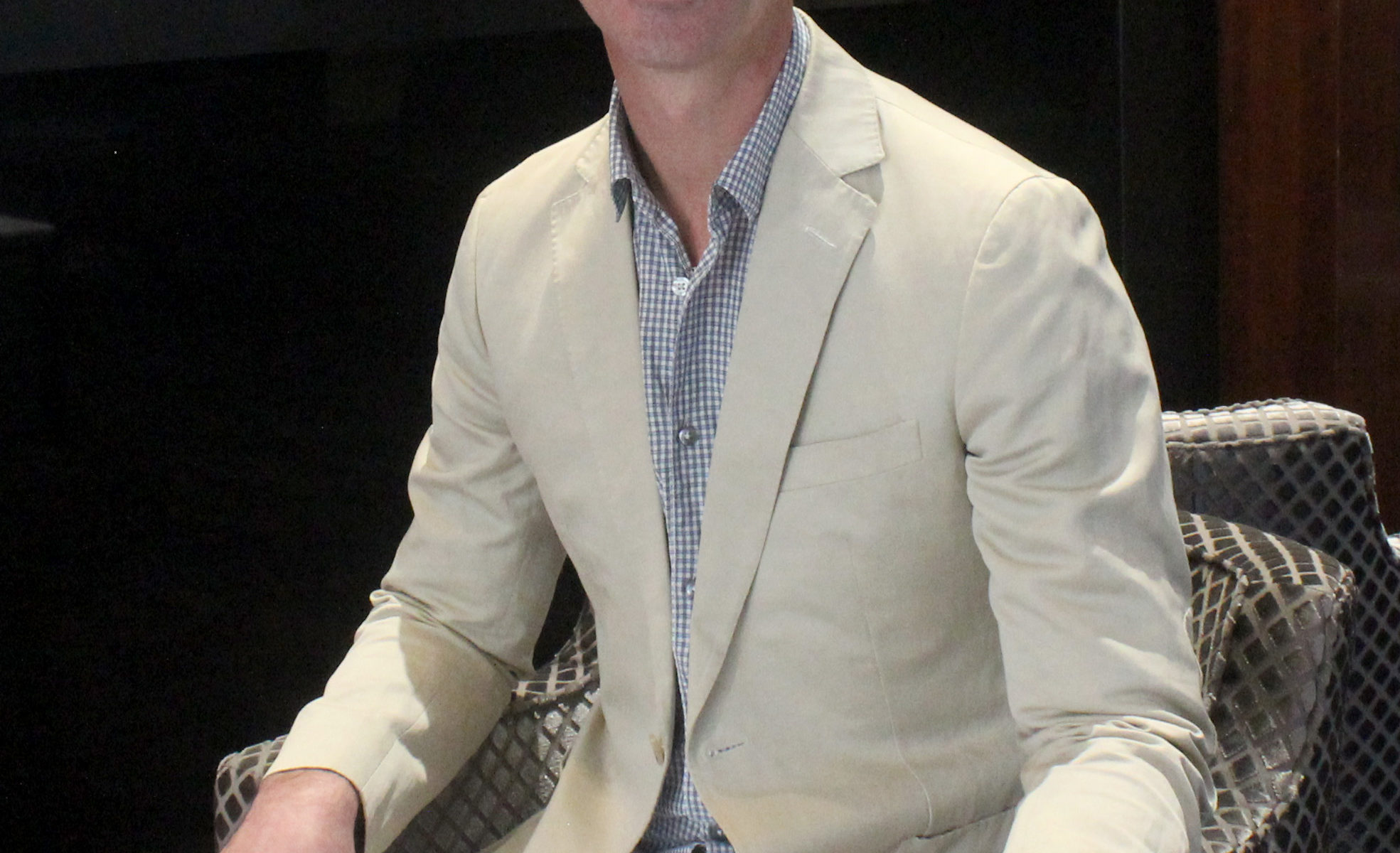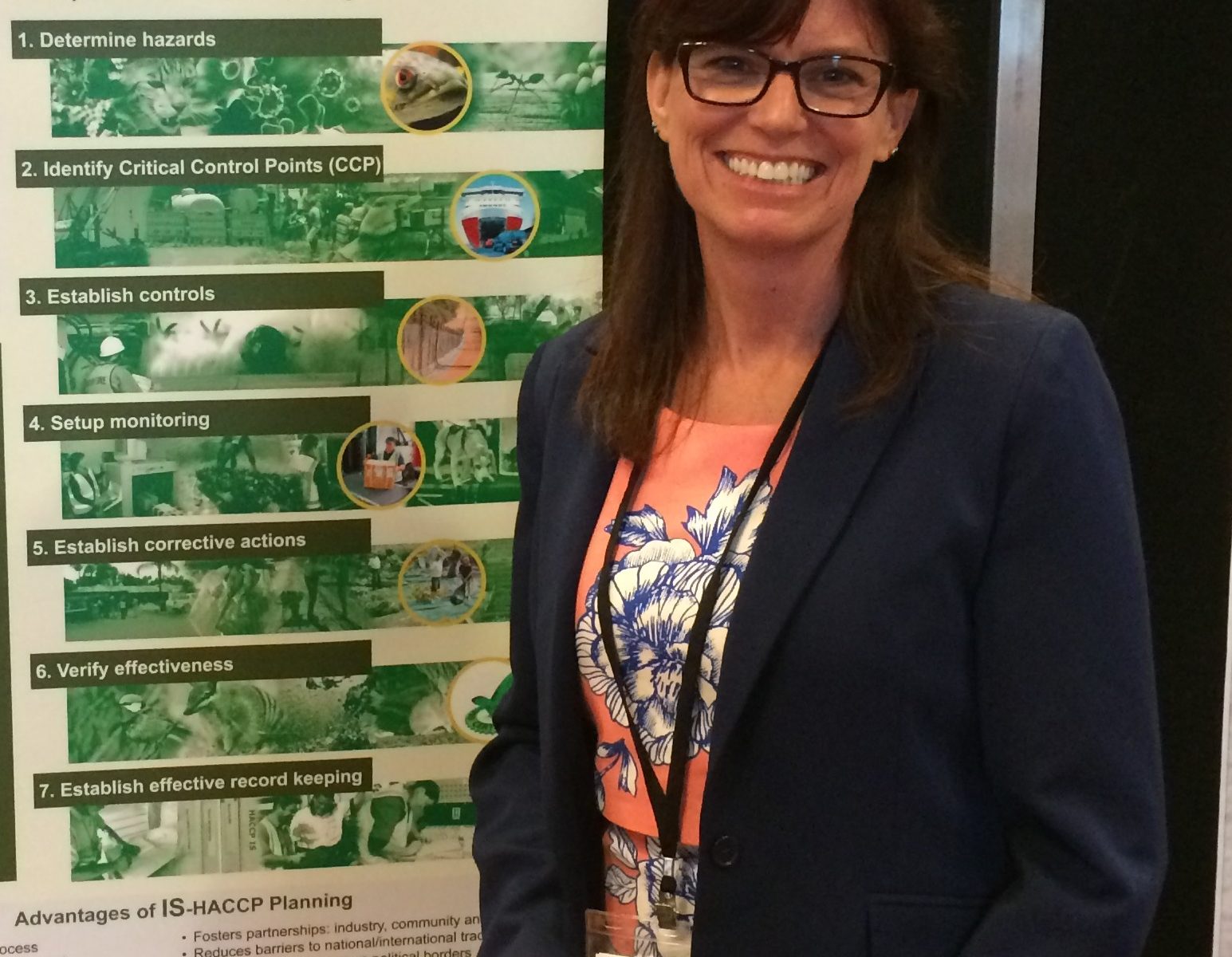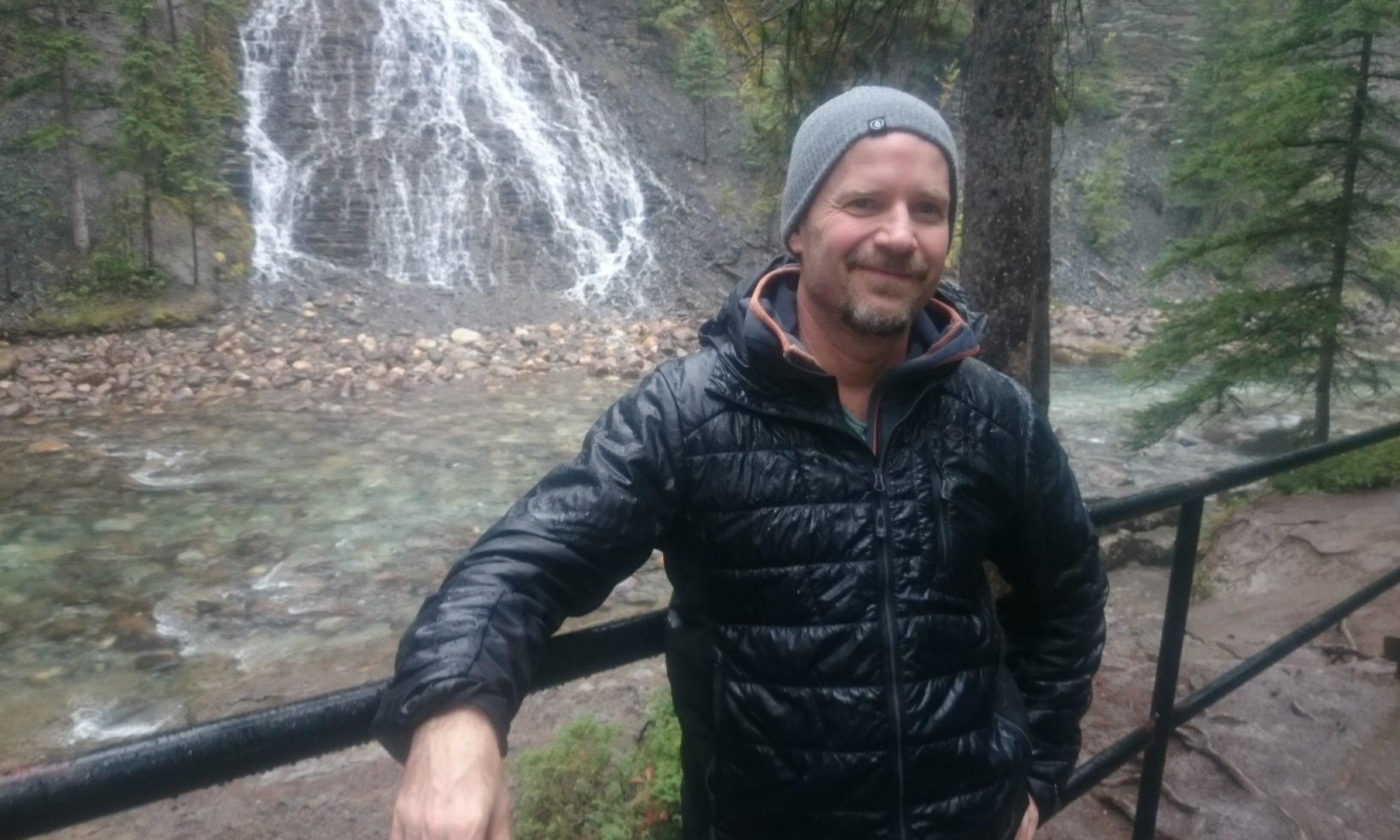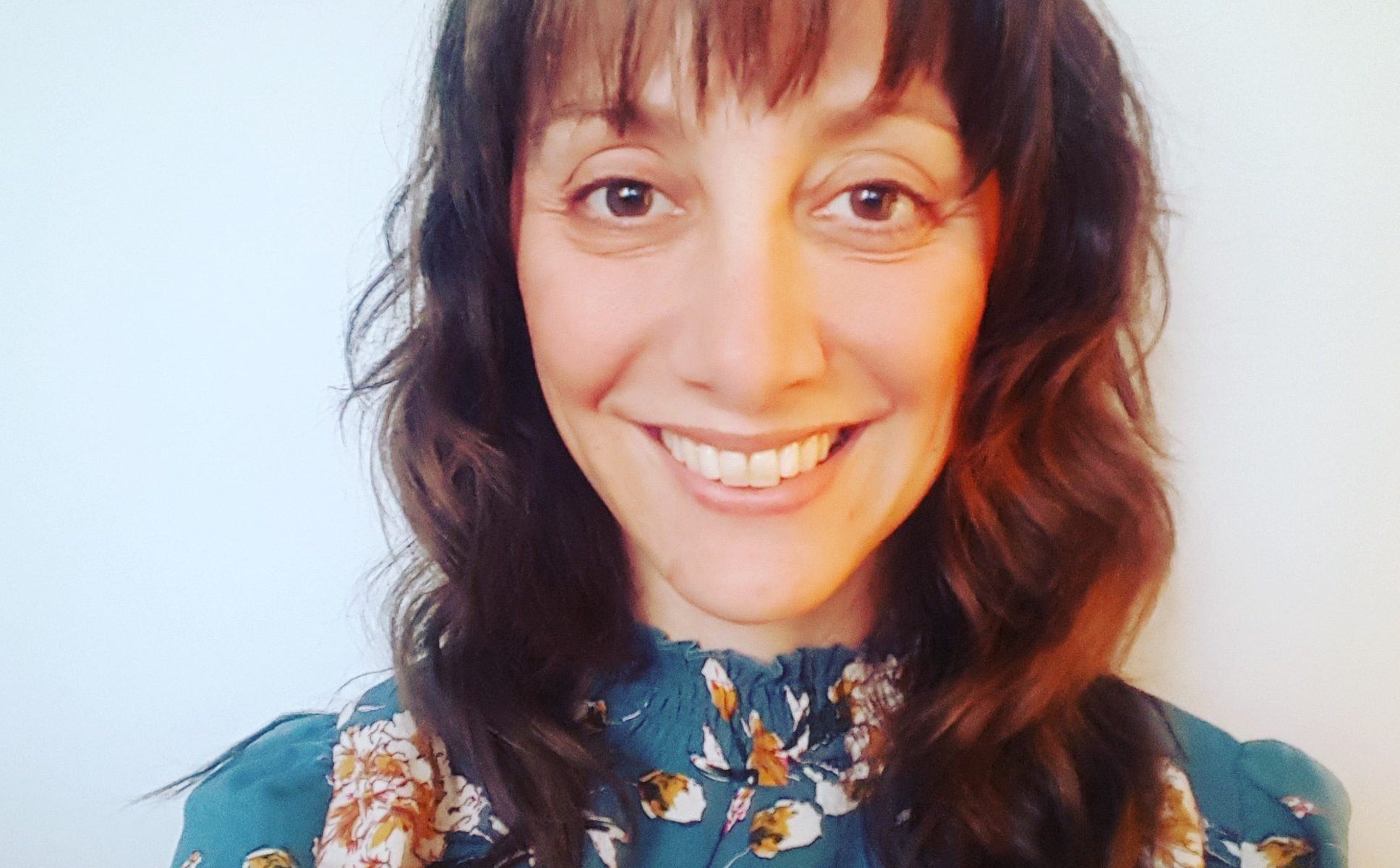Simon is an experienced senior manager who has focussed on applying and commercialising research and development (R&D) outputs for the pharmaceutical, biotechnology, animal health, agricultural chemical and veterinary medicines industries. Simon was a Program Leader at the Invasive Animals Cooperative Research Centre where he effectively engaged government agencies, industry, and other stakeholders to successfully manage a portfolio of projects aimed at reducing the impact pest species have on animal health and biosecurity.
Simon holds a Bachelor of Agricultural Science (hons), a PhD in Medicine, and was awarded a prestigious Professional Fulbright Scholarship in 2017.

Elise is a post-doctoral research fellow with over 15 years’ experience in molecular genetics. She strives to develop high quality, rigorous scientific methods and apply them to wildlife management problems. Elise was one of the first researchers in Australia to develop techniques to analyse environmental DNA (eDNA) and was instrumental in the creation of eDNA facilities at the University of Canberra to enable high-sensitivity detection of trace DNA. She has applied a single-species approach to infer the presence or absence of native and invasive species (including detection of invasion fronts and confirming eradication success), and is currently working on using eDNA to infer the abundance of fish species in waterways. Elise has also employed metabarcoding to detect the presence of multiple species simultaneously and has applied this to determine the diet composition of various species and to detect biodiversity at a site.
Elise completed a Bachelor of Science (Hons) and PhD in Genetics at the University of Melbourne.
Michelle is an accomplished scientist, manager, consultant, and in conservation ecology. She has worked nationally and internationally with governments, industry and community to provide implementable solutions to ecological problems from endangered species recovery to incursion prevention.
Her recent published research includes, determining pathways of incursion, probability of detection, and establishing what motivates animals to move.
She developed and implemented a national incursion management program, the foundation of which is effectiveness, simplicity and collaboration.
Michelle has a PhD (University of Sydney), and BAppSC, Hons with Distinction (Curtin University).

Mark began his career in the UK in the early days of gene cloning as part of the team that studied vaccines for malaria (Holder et al, 1984, Nature). He came to Australia and CSIRO following the impact of postdoctoral bringing over technology to identify the bacterium that causes the wasting disease of cattle and sheep known as Johne’s disease.
New opportunities in CSIRO allowed to explore the emerging field of RNA interference and microRNA biology. His group was the first to catalogue the microRNA repertoire of the chicken (Glasov et al, 2009, Genome Research), a model system in which he later developed a novel approach to tackle bird ‘flu. As the new era of gene editing began his lab has lead the way with new approaches to disease control in poultry and an interesting spin-off, a new method to remove males from the egg-layer industry without having to hatch and cull day-old chicks (the current practice). Many of these development, though called for by industry, are yet to go into practice, as industry and the public grapple with what GM and gene editing mean in an animal food context.
With the advent of “CRISPR/Cas9”, and the ease of applying gene editing in poultry, Mark has broadened his horizons to take a look at how these techniques might be applied in the genetic control of vertebrate pests. His current interests are in gene editing in the cane toad and exploring the possibilities of the new gene drive technology for fish and rodent pests.
Peter is a Senior Research Officer and Invasive Species Officer (Engagement) within the NSW Department of Primary Industries, in Orange. He has 20 years’ experience in invasive species research and wildlife management. He is a national facilitator and project leader for the Centre for Invasive Species Solutions, working to empower communities, develop community surveillance technology, support networks, build community capacity and design citizen science programs to involve community in invasive species management. He recently received a prestigious national Banksia Award for innovation in citizen science.
Professor Hine specialises in environmental psychology, research methods, and statistics. His research focuses on understanding the factors that underlie environmental problems such as resource over-consumption, climate change, air pollution, and invasive species. His research group designs and evaluates behaviour change strategies to help solve these problems.

An ecologist and author of a number of published journal articles, reports and book chapters, David holds the position of Research Officer with the Natural Resources Management Biosecurity Unit of the Department of Primary Industries and Regions South Australia (PIRSA). David primarily undertakes research on rabbits focussing on improving their control by the RHDV and myxomatosis biocontrols through an ongoing 21 year project at Turretfield in SA. He has also surveyed invading cane toads in SW Qld, mapped rabbit warrens for destruction, undertaken landscape fox control, planned and assisted in the reintroduction of the western quoll (Dasyurus geoffroii) to SA, surveyed landholders about feral deer and helped address numerous other pest animal issues.
David has fulfilled a diverse range of roles throughout his career including Technical Officer, National Park Ranger and Research Fellow. He completed a Bachelor of Applied Science (Wildlife and Park Management), followed by a Diploma in Natural Resources in 1990, and a PhD in 2003 focusing on “The search for a novel toxicant in Gastrolobium (Fabaceae: Mirbelieau) seed historically associated with toxic native fauna”. An outcome from this PhD research is a current collaborative project to develop a toxic ‘population protecting implant’ to remove predating feral cats and stop them wiping out reintroduced or vulnerable native fauna populations.
Tarnya has participated in research projects on a variety of species including flying foxes and rodents in northern Queensland, mice in South Australia, grey squirrels in the UK and rodents in Cambodia. Tarnya’s previous research has included identifying prey species of owl through bone fragments, the role of flying foxes in the transmission of Leptospirosis, and the use of predator scents to deter vertebrate pests from palatable feed. Current research includes assessing the impact of biological control tools on rabbits and the use of emerging technologies to improve pest animal detection.
Tarnya has a PhD in Wildlife Ecology and Vertebrate Pest Management from the University of QLD.

Paul completed his under-graduate Degree at Roseworthy in SA, a Master’s Degree on the biology and ecology of foxes, free-roaming dogs and cats in Jervis Bay at University Canberra and completed his PhD at the University of New England on camera trapping. He was awarded the Chancellors Post-Doctoral Research Award for his PhD research. Paul has been working in the ecology field for over 30 years in positions throughout Australia and has been fortunate to work overseas, including 3 years on Christmas Island. He is currently working for NSW Dept Primary Industries in the Invasive Plant and Animal Unit; he is a research collaborator of the Vertebrate Pest Research Unit and CISS, and an Adjunct Lecturer with the University of New England. Primary work roles are developing policy framework for pest management that integrate new research findings into control and monitoring. He also contributes to research that benefits pest management and impact monitoring, conducting training and working with all pest agencies throughout Australia to develop best practice. Paul is Project Leader for the Wild Dog Alert and e-Hub Intelli Trap Projects.
Areas of expertise include, camera trapping, predator trapping, small mammal trapping, radio tracking, fox, wild dog and feral cat ecology, Hastings River Mouse and Christmas Island shrew ecology.
Paul was awarded a Churchill Fellowship in 2011 investigating the use of camera traps in wildlife research and monitoring.
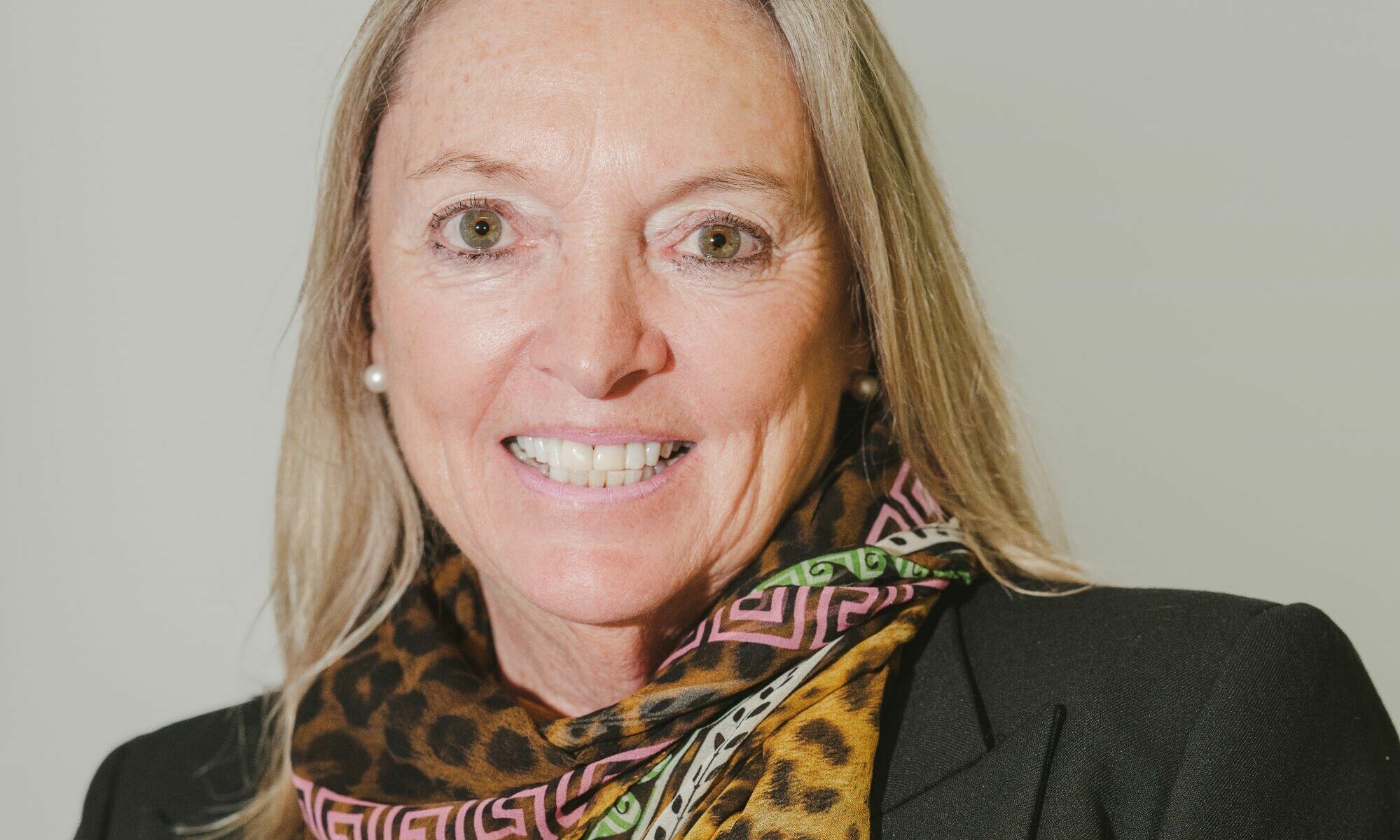
Robbie has business experience in both the private and public sectors domestically and internationally, at Board level as a Non-Executive Director, and in reporting to a Board in the capacity of CEO.
With a strong understanding of whole-of-industry value chains, she also has a grazing property in the Upper SE of South Australia. Following ten years living and working in SE Asia (Singapore, Indonesia, Brunei), she was self-employed as an agribusiness consultant until her appointment as CEO, Potatoes South Australia in 2012. She continues to consult privately.
Robbie believes that the reduction and transformation of food waste is critical to productivity gains, and to the sustainability and reputation of Australian agriculture. She also believes that R&D programs across agricultural sectors and value chains are vital to Australia attaining its $100b production target by 2030.
Her involvement in biosecurity has been extensive including as a representative on Primary Industries & Regions SA (PIRSA) Biosecurity SA’s Plant Health Technical Reference Panel, Market Access Program Working Group, and Stakeholder Reference Group in the development of the new Biosecurity Act for South Australia. She presented at the 2018-19 National Roundtable Forum and has been a witness at Federal Senate Inquiries concerning importation of plant material. She is also a member of the Limestone Coast Landscape Board which has a statutory function for the prevention and management of declared pest animals and weeds.
Robbie was profiled under PIRSA’s Women Influencing Agriculture and Regions in 2015, is the AgriFutures 2016 SA Rural Woman of the Year and is a graduate of the NFF’s Diversity in Agriculture Leadership Program 2019.
She holds a Bachelor of Agricultural Science, a Master of Business Administration (MBA) and is a graduate of the Australian Institute of Company Directors (GAICD)
Additional Board Positions include:
- Non-executive Director, Chair Research & Commercialisation Committee and Member Industry Impact Committee for the Fight Food Waste (FFW) Cooperative Research Centre (CRC)
- Member Rural Bank Agribusiness Advisory Board
- Member Governing Board Research Consortium-Agricultural Product Development (University of Adelaide)
- Member Limestone Coast Landscape Board (LCLB)
- Company Secretary/Shareholder Puree Australia Pty Ltd





